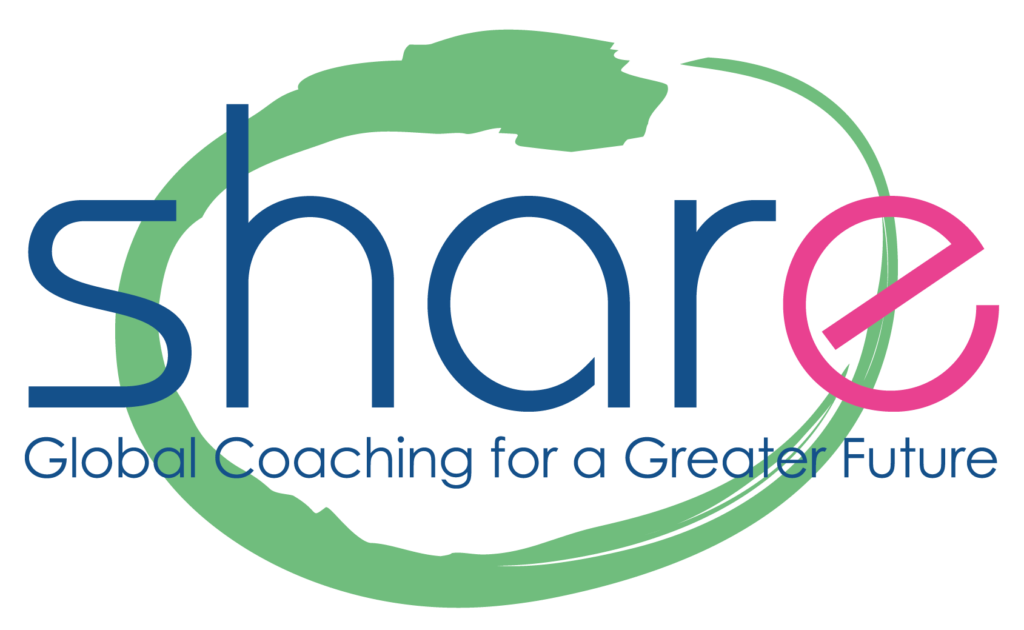Conference held at Lycée Français de New York Feb 20th, 2014.
Annie Perrin, Senior Vice-President of Faculty and Content with the company The Energy Project.
Notes by Anna Gallotti
1. Our capacity of response lowers
Demand is increasing with age, but our capacity of response lowers with age:
After the age of 30 we lose ½ pound of energy capacity every year.
Issue we all have
We take capacity for granted, but actually we cannot.
Instead, we need to work in our capability to renew capacity to have a real competitive advantage.
Our typical reaction
We work longer and we try to find time to do things, but time is not elastic. Time is finite. We run out of time. Even our kids don’t have enough time. Working longer is not working anymore.
2. Energy
Energy can be expanded, renewed and used more efficiently.
Energy= the capacity to do work.
Big idea 1
It’s not the number of hour we invest that determines the value we create, it’s also the energy we bring to whatever hours we work.
3. Where this idea comes from
- The perennial philosophy (Aldous Huxley). It defines how to live a good life. We all have the wisdom, but with the increasing speed and complexity, we lose touch with our inner knowing. Today the purpose is to reconnect to this inner knowing.
- Empirical observation. 30 years working with high performers: athletes, physicians, FBI rescue teams, etc. We observe them and note all the strategies they employ. They take rest as seriously as they take execution.
- The science of high performance. There is very specific way to perform at best.
4. Four sources of human energy
These sources are all interconnected and they all impact each other.
Physical: the foundation of every source of energy. I.e., if you don’t get enough sleep you have trouble to focus. 4 components:
- sleep (a fundamental rescue)
- nutrition
- exercise
- rest
Emotional: the quality of our energy. How do you feel when you perform at best? Joy, powerful, inner well-being. These adjectives are all positive. We largely take our emotional state for granted, but it is not. The major component is awareness: if you know what you feel, you can take advantage of it.
Mental: how we channel our energy. This source is under assault because there are more thinks than ever to pay attention to. We don’t have a lot of will power to resist to the amount of stimulus we receive.
Spiritual: the “why”, the sense and purpose. When you believe in something, you can do much more. Sometimes we are very focused and we love what to do, we are very connected (spiritual dimension) but this can lead us to burnout because we don’t take enough care of the other dimensions.
Take the time to make the audit on: http://theenergyproject.com/audits/individual
5. Why haven’t you changed any of your behaviors?
Different reasons:
- With this amount of workload, who has time to change?
- We don’t know how to change.
- We have benefits: it’s hard to give that up.
- Our brain loves repetition (basal ganglia): that’s why we don’t change.
AUTOMATICITY. - We don’t know we go numb: the experiment of the frog in the boiling water. Human being is an incredible adaptor, like the frog. But one of the way we adapt is that we stop feeling. We go numb. Here we are to get up.
- We are operating in a world of technology and assume that we operate like computers: executing multiple programs and reducing sleeping. We are not designed for being computers.
Big idea 2
To perform at our best we must balance energy expenditure with intermittent energy renewal. It’s so self evident, but this is the thing we do less. Our automatic response in front of workload is to work more, but we need to learn to do something counter intuitively: work less!
What do you think if a person in office is saying that he is doing very well and feels relaxed at work? We think the person doesn’t work enough! That’s the way the world is going on.
If you work like a crazy it means that you are a good person full of merit. If you take time for rest, it means that you don’t do enough effort, you’re not a valuable person.
It takes courage to be the person who stops the paste. Everything outside us is pushing to the same direction: do more. School, work, vacation, etc.
Rest is the secret recipe to perform.
6. Sources of renewal and warnings
The ultradian rhythm: the 90 minutes wave. The curve goes up with activity in 90’ and then we need to renew. Typically we tend to ignore our body and the signals it sends to us. Instead of resting, we go on.
- Sleep: most of the big disasters (i.e. air crashes, accidents) happened because of sleep deprivation. Sleep or die. If you deprive rats of sleep, after a while they eat a large amount of food because they cannot self regulate anymore. Then after 14 days, they die. 95% of population needs 7-8h sleep. Ideally we need continuous sleep. Sleep deprivation is similar as getting drunk.
- Cost of too little sleep: obesity, impaired immune functioning, diabetes, higher cholesterol, breast cancer, hypertension, and also…depression, impatience, anxiety, irritability. Consequences: poor problem solving, decreased motivation, reduced long-term memory, lower concentration.
- Multitasking doesn’t exist because our brain is linear. David Meyer studied the cost of switching. It takes 25% longer to execute the task.
- We breath less
- Adrenaline and cortisol are released
- We make more errors
We get addicted to challenges because of the stress hormones effects. Side effect: when we don’t do anything we feel bad and uncomfortable. We are getting addicted of always being busy. We are little by little poisoning ourselves. “Kids are good at multitasking”: it’s not true. They are fast switchers.
7. Strategy for creating capacity
- Singular focus on ONE activity
- Do it for a short manageable amount of time, i.e. 20’
- Clear and point
Where are you when you get your best ideas? Bed, shower, jogging… NOT when in front of a computer. We have our best ideas when we renew.
Playing is spending energy and renewing at the same time: active renewal.
Sleeping is a passive renewal.
The challenge of all of us: ennobling renewal.



